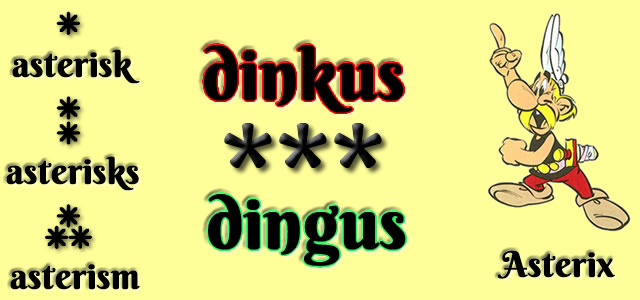Podcast: Play in new window | Download
In this Adventure in Etymology, we find connections between words for bottle, boot and butt in various languages.
Meanings of bottle [ˈbɔtɫ̩ / ˈbɑ.təl] include:
- A container, typically made of glass or plastic and having a tapered neck, used primarily for holding liquids.
- The contents of such a container.
It comes from Middle English botel [ˈbutəl] (bottle, flask, wineskin), from Old French boteille [buˈteʎə] (bottle), from Late Latin butticula (bottle, flask), from buttis (cask, barrel), from Ancient Greek βοῦττῐς (boûttĭs – a type of vessel), perhaps from Proto-Indo-European *bʰeHw- (to swell, puff) [source].
Words from the same roots include boot, butt (cask, barrel), and butler in English, bottiglia (bottle) in Italian, botte (boot, oppression) in French, botija (jug, vessel) in Spanish, butoi (barrel, cask) in Romanian, buta (butt, cask, stock, stocky person) in Irish, and búča (pumpkin, squash, head) in Slovenian [source].
Words for bottle in Old English included:
- flasce [ˈflɑs.ke] (bottle, flask), which comes from Proto-Germanic *flaskǭ (flask, bottle), lives on as flask in English, and is related the German word Flasche (bottle, flask, flagon), fles (bottle) in Dutch, and flaska (bottle) in Swedish [source].
- ampella [ˈɑm.pel.lɑ] (flask, bottle, flagon, vial), which comes from Proto-West Germanic *ampullā (flask), from Latin ampulla (a two-handled vessel with a swollen middle), from amphora (a large vessel, especially one made of clay with two handles used for storing and transporting wine and oil), from Ancient Greek ἀμφορεύς (amphoreús – jar with a narrow neck, amphora). It lives on as ampoule in English [source].
A related word in German is Ampel, which can refer to a traffic light, a ceiling lamp or a container which hangs from the ceiling (for a plant, etc.) [source]
You can also listen to this podcast on: Apple Podcasts, Amazon Music, TuneIn, Podchaser, Podbay or Podtail and other pod places.
If you would like to support this podcast, you can make a donation via PayPal or Patreon, or contribute to Omniglot in other ways.
Radio Omniglot podcasts are brought to you in association with Blubrry Podcast Hosting, a great place to host your podcasts. Get your first month free with the promo code omniglot.
I also write about words, etymology and other language-related topics on the Omniglot Blog, and I explore etymological connections between Celtic languages on the Celtiadur blog.













